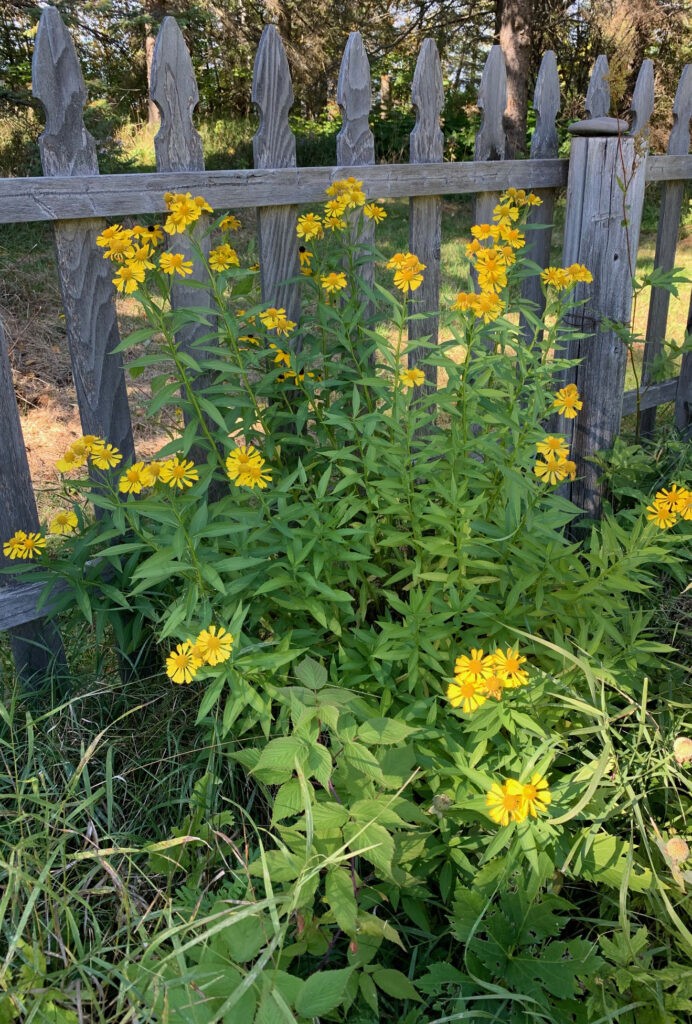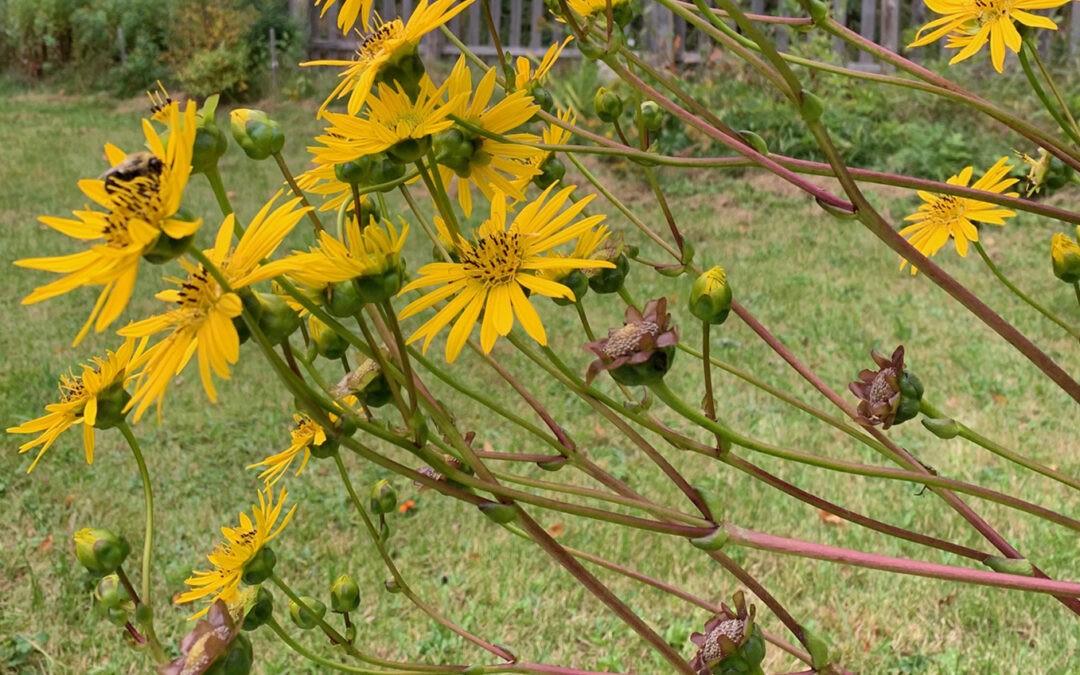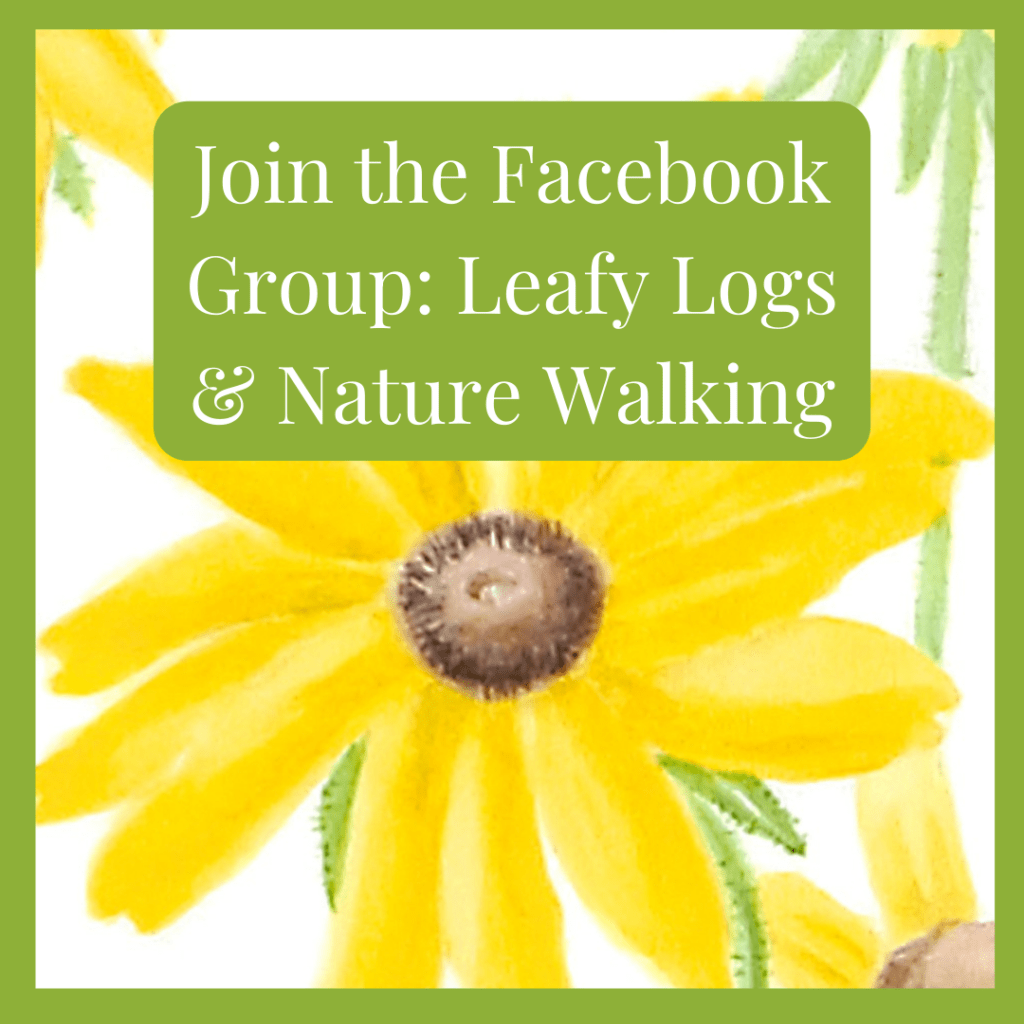My garden is my favorite project in the spring. It isn’t only getting my hands into the soil, but the planning and the anticipation of what I am going to put into the garden. All these beautiful catalogues with pictures of plump vegetables and showy flowers float from the kitchen table to the desk. They are stacked by my favorite reading chair filled with little notes and circles. Finally, I have to restrain my enthusiasm and decide what I am able to plant and care for by myself.
As I have gotten older, I am less enthusiastic about hand tilling the earth. So I have substituted perennial berry bushes, such as blueberries, honey berries and raspberries for most of my vegetables. I rely more on the CSAs and farmers’ markets near me in northern Wisconsin for my vegetables.
I am also enthusiastic about native wild flowers to enhance my enjoyment of the butterflies and the birds. About 8 years ago I started a little prairie in one corner of a field near my house. It has given me so much pleasure, that I continue to add wild flowers to edge of my lawn, and intersperse wild prairie flowers with my horticultural plants. The peonies are happy to share their garden space with some Joe Pye Weed and a little Showy Goldenrod. None of these wild flowers require weeding. Once they set down roots, they seem to take care of pushing “weeds” out of their way. This summer I am hoping to see some new flowers along my drainage ditch, where I put the seeds 2 years ago. It has been hard to wait.

Last year I bought a wild rose from a nursery for prairie plants. When it arrived it said it was treated with neonicotinoid. Which means that it will kill not only Japanese beetles, but all the pollinators that come to gather pollen from its flowers. This makes the many visiting pollinators sick for several years, before the effect wears off. We need to ask at the nurseries whether their plants are treated. Since this was a prairie plant it never occurred to me to ask. But many of the beautiful plants we purchase have also been treated. It kills the insects that eat our new plants, and prevents you returning the plants you purchase. This saves the nursery a hassle, but is very hard on our pollinators. Birds eat these sick caterpillars and also get sick. We set up a destructive cycle. We already have way too many insecticides in our environment.
Since I use only plant ingredients in my Singing Flower Studio products, I am very careful how they are produced. It is increasingly expensive to use organic ingredients. And many chemical companies are clever about promoting chemicals which are not only toxic to insects, but also to us. Being careful in my garden also helps my health and invites lots more birds healthfully into my yard. I advocate for fly swatters as a safe means of eliminating insects. Or picking them off plants and dropping them into soapy water.
We are proud of our rural community, and hope that it will thrive and stay environmentally beautiful and safe for our pollinators and birds


